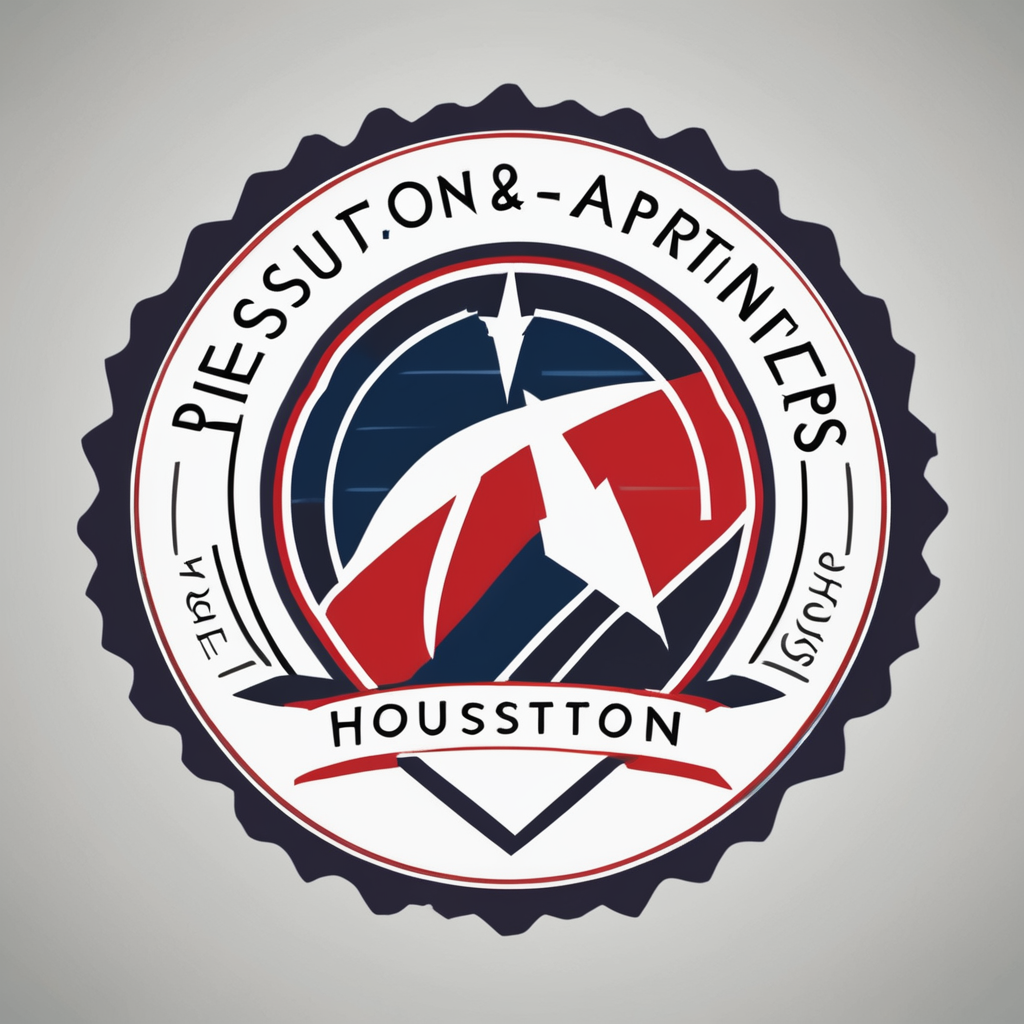Effective real estate web design balances stunning visuals with seamless functionality to engage visitors and drive leads. Showcasing top examples recognized for UX, interactive features, and smooth navigation reveals how thoughtful design enhances property discovery and user satisfaction. Discover how innovative agencies combine aesthetics and performance to elevate real estate platforms beyond expectations.
Optimizing Real Estate Website Performance for Maximum Engagement
The web design for estate agents plays a vital role in attracting and retaining visitors. A fast, responsive, and user-friendly website not only improves user experience but also boosts search engine rankings. The review summaries highlight top real estate websites recognized for their exceptional UX/UI design, emphasizing seamless navigation, professional layouts, and interactive features such as virtual tours and maps.
In parallel : Why Are Small Businesses in the UK Struggling to Attract Talent?
Performance metrics are essential for ongoing optimization. Analytics tools provide insights into visitor behavior, page load times, and engagement rates. These data points help identify areas needing improvement, ensuring the website remains efficient and appealing. Estate agents can utilize performance dashboards to track key statistics like bounce rates and conversion ratios, thus refining their digital strategies effectively.
Incorporating AI tools and market data elevates website efficacy. For example, automated content generation and voice search capabilities can significantly enhance user experience. Displaying live property market data helps visitors find relevant listings efficiently, increasing the likelihood of inquiries. Such integrations require meticulous planning to ensure compatibility and optimal loading speeds, which are critical for retaining visitors.
Additional reading : Unlocking the potential of oil pipeline innovations
Design studios recognized for their contributions to web design for estate agents prioritize visual appeal combined with functional robustness. Interactive elements, alongside fast-loading media, create engaging experiences that encourage exploration. The strategic use of call-to-action buttons and property listing design best practices further maximize lead capture efforts.
This focus on performance, user engagement, and technological integration aligns with the trends seen across award-winning real estate websites.
Design Trends and Inspiration from Top Real Estate Websites
Award-winning real estate website design consistently balances visual appeal with optimal usability. The most best real estate websites recognized by Awwwards are not just visually captivating, but also prioritize an advanced user experience. Key trends include immersive virtual tours, highly detailed interactive maps, and streamlined property listing design best practices that support easy navigation and rapid information access for various user profiles.
The underpinning of standout UX/UI lies in combining effective web design for real estate agents with robust technology and strong branding consistency. Today’s successful real estate agent website templates often feature elegant color palettes, modern typography, and cohesive branding images for real estate websites that convey professionalism and trust. Custom real estate web design services commonly emphasize a cohesive visual system with elements like minimalist real estate web design and clear call-to-action strategies for real estate ensuring every page element has a defined purpose.
Incorporating Visual Sophistication with User Engagement
High-quality real estate photography web integration is vital, providing realistic property visuals and making each page memorable. Leading responsive real estate web design solutions guarantee a seamless property search on any device, embracing mobile-friendly real estate websites to meet user expectations for browsing on smartphones or tablets. This focus on responsive design is closely linked to maximizing leads with real estate web design, as ease of navigation keeps users engaged and encourages action through well-placed real estate lead capture forms and creative real estate landing pages.
Utilizing Cutting-Edge Technologies for Enhanced User Experience
The integration of virtual tours for real estate and dynamic interactive maps for real estate listings gives users hands-on control, transforming traditional browsing into a comprehensive exploration. IDX MLS feed customization and advanced property search filters are now staples of excellent real estate web design, allowing users to tailor searches based on their preferences. Supplementary tools, such as mortgage calculators and real estate chatbot solutions, further streamline user pathways, enhancing property inquiries and supporting conversion optimization for property sites.
Practical Application of Design Agencies and Creative Talent
Agencies like 97, Design and Artem Starostin set standards in the industry by demonstrating real estate web design trends rooted in both elegant aesthetics and frontend performance. The latest projects by leading real estate web design companies including PLEO, Jota Marques, HRVST, and Niccolò Massari highlight how contemporary luxury property website design successfully integrates performance-driven layouts, innovative user engagement features, and property listing design best practices. These top real estate web design agencies use modular content management systems for real estate sites, ensuring scalability and easy updates for ongoing relevance.
Many of these design leaders also harness the power of SEO for real estate websites and website analytics tools for real estate, boosting search engine rankings for property websites while tracking user patterns. Their work illustrates how strategic real estate website UX/UI principles, when combined with creative talent and modern frameworks, deliver both functional excellence and memorable brand experiences across all screens.
Key Features Enhancing Real Estate Websites for Users and Agents
With real estate website design, immediate answers are essential: IDX integration, CRM tools, and strategic content management systems give agents and users a stronger experience from the start. High-performing web design for real estate agents prioritizes IDX integration in real estate sites—making sure buyers see up-to-date listings, powered by seamless feed connections and dynamic mapping. By structuring property details and integrating filters, these platforms allow for tailored search that reflects the best real estate websites in the industry.
A real estate agent website template built on a robust content management system simplifies content updates and property uploads, helping agents personalize listings quickly. This flexibility in content management systems for real estate sites allows agencies to adjust messaging, highlight current real estate market trends online, and refresh visual branding easily. Advanced CRM integration with real estate websites centralizes lead capture, call tracking, and client follow-up, so agents nurture opportunities more efficiently.
Boosting Site Engagement and Conversion Rates
Effective property listing design best practices hold visitors’ attention through bold imagery, intuitive layout, and responsive real estate web design. A modern real estate web design company uses custom layouts that encourage users to explore galleries interactive maps for real estate listings and virtual tours integration for real estate are now standard, keeping audiences engaged longer. Implementing compelling website call-to-action strategies for real estate from instant inquiry buttons to one-click scheduling helps move viewers deeper into the funnel.
Trust and credibility grow with user-generated content on real estate sites and prominent social proof on real estate websites. Promoting authentic testimonials, reviews, and recent sales highlights success stories and builds agents’ reputations. Online real estate marketing strategies driven by geo-targeting and marketing funnel design, such as location-based banners or personalized property recommendations, draw in local buyers and sellers, maximizing leads with real estate web design.
Ensuring Technical Performance and Security
A key requirement is website speed optimization: slow-loading pages lose potential clients, and real estate website loading speed impacts both user satisfaction and search engine rankings for property websites. Security is equally important. Website security for real estate businesses via SSL encryption, GDPR compliance for real estate websites, and privacy policy transparency protects sensitive data and establishes trust. Choosing quality real estate web hosting solutions ensures stability, while automated backup solutions prevent data loss.
For future-ready solutions, employing plug-ins for real estate websites enables additional functionalities, such as integrating mortgage calculators or supporting multi-language real estate websites. Regular updates to content management systems and plugins secure long-term site health, while cross-platform compatibility in real estate web design enables users to browse on any device, supporting the surge in mobile-friendly real estate websites.
Measuring Success with Analytics and Feedback
Leading agents rely on robust real estate website analytics to decode user activity. Website analytics tools for real estate track clicks, views, and conversion points, providing actionable insights for ongoing improvements. Heatmap tools for real estate websites visually pinpoint where users engage—and where they exit—guiding property listing design tweaks and content strategies.
Continuous adjustment fueled by analytics interpretation for real estate marketers, such as adjusting marketing funnel design or repositioning CTAs, leads to more targeted real estate lead capture forms and blog topics that resonate. Integrating feedback systems—especially client reviews and real-time survey widgets—ensures that real estate website UX/UI principles are responsive to evolving client expectations and that agents can rapidly adapt to online real estate market trends.
Powerful Strategies to Maximize Your Real Estate Web Design
Precision in real estate website design begins with aligning every feature to your target audience. To maximize your real estate web design with powerful insights, ensure that both the visual layout and the backend infrastructure prioritize smooth user experience, immediate access to key information, and frictionless interactions. This approach not only increases engagement but also positions your site among the best real estate websites recognized for both innovation and usability.
Understanding Current Web Design Trends
Leading agencies and designers repeatedly deploy responsive real estate web design strategies to guarantee a seamless experience across all devices. Modern real estate website design must adapt to various screen sizes, incorporate mobile-friendly functionality, and utilize fast-loading graphic elements. Quick loading times—paired with interactive features like integrated maps and virtual tours—help maintain user interest, driving up dwell times and lowering bounce rates.
Boosting Engagement with Advanced Features
Web design for real estate agents is not solely about aesthetics. Real-time property listing updates, IDX integration in real estate sites, and clear call-to-action strategies directly improve lead generation. Placing real estate lead capture forms prominently facilitates conversion, and deploying engaging visuals through luxury property website design enriches user experience while subtly reinforcing your branding.
Performance, Analytics, and User Experience
Constantly measure your success with real estate website analytics. Utilizing performance dashboards and interpreting analytics empowers agencies and agents to refine what works in their real estate web design. Pay special attention to user experience in real estate websites intuitive navigation, creative landing pages, and well-structured property listing designs ensure visitors find what they need quickly and feel confident making inquiries.
Incorporating AI and Content Automation
Modern platforms now offer AI-powered features for content generation and automated newsletters, enabling you to focus more on customer relationships. Automated blog content not only keeps your site fresh for both users and search engines but aligns with SEO for real estate websites best practices, making your platform easier for prospective clients to find online.
To consistently achieve results, align these principles with robust backend systems such as content management systems for real estate sites and advanced website security for real estate businesses. This holistic strategy means your presence remains professional and competitive, with every website element working toward the shared goal of lead generation and superior client service.








